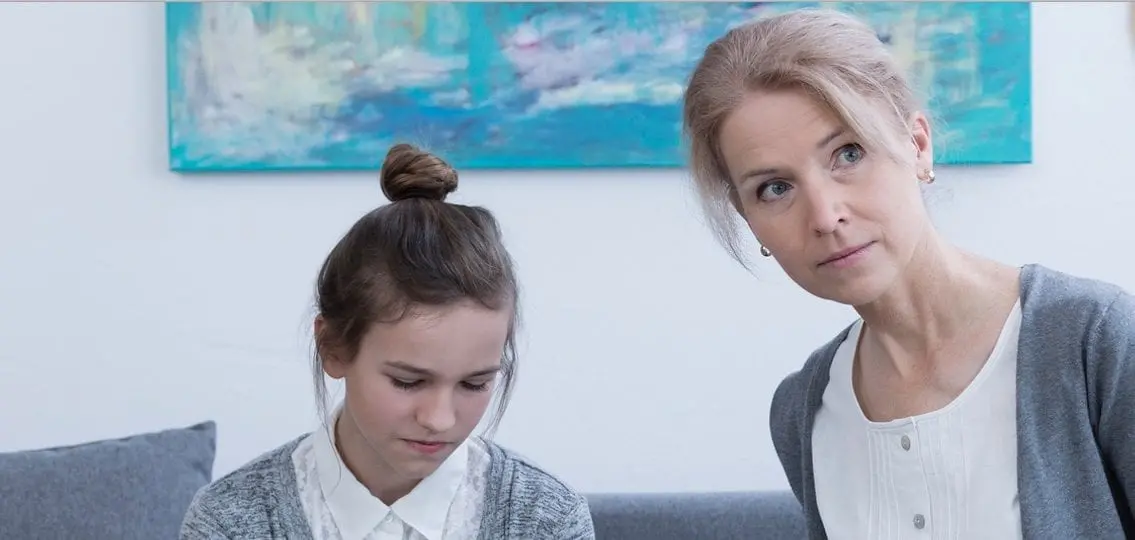Parents are doing their best to deal with erupting teenage problems, but it is on-the-job-training. So why not get a little help from our favorite expert, Dr. Lisa Damour, clinical psychologist and author of best selling books, Untangled: Guiding Teenage Girls Through the Seven Transitions Into Adulthood and Under Pressure: Confronting the Epidemic of stress and Anxiety in Girls? Damour answers some of our universal questions.

Q: What do you find to be the most common subject of disagreement between parents and teenagers?
Damour: In general terms, teens usually disagree with their parents because teenagers want more freedom and choice than parents feel ready to grant. Under normal conditions, teenagers push for greater autonomy while parents resist granting too much autonomy too fast. This push-pull tension isn’t fun for either party involved. That said, I feel concerned when there isn’t any tug—when I hear about teenagers who aren’t asking for expanding privileges or parents who agree to every privilege the teenager requests.
Q: What’s your best piece of advice for parents of teenagers?
Damour: Go out of your way to have a good time with your teenager. Even if it means making plans that wouldn’t be your first choice like watching a particular TV show, playing a video game, or window shopping. Teens who feel a positive connection with their parents are less likely to engage in the risky behaviors that would threaten the good relationship they enjoy with their parents. When parents and teenagers don’t enjoy each other, teens have no reason to avoid annoying or upsetting their parents. Put another way, misbehaving comes at no cost to the teenager because there’s no positive relationship to preserve.
| [adrotate banner=”143″] |
Q: How can parents of teenagers facilitate dialogue, either in advance of serious problems or once serious problems are in full swing?
Damour: Children don’t always feel comfortable talking about their own teenage problems with their parents. But they will often mention problems that their peers are having. Parents of teenagers should take advantage of opportunities to talk about problems (like drinking, reckless driving, and careless sexual behavior) when their teens share what they observe in their peers rather than aiming their advice directly at their teenager who may feel unfairly accused. Rather than vilifying the peers being discussed, parents of teenagers should talk about the dangers of the peer’s behavior and the ways that the peer could take better care of him or herself; it’s much easier for teenagers to listen to this kind of parental advice when it’s not aimed directly at them.
When teenagers have serious problems, their parents need to step in. If the teen resists parental interference, the parents should point out that they are not doing their job as parents if they allow the teenager to deal with serious problems without the benefit of adult involvement.
Q: When, if at all, should parents of teenagers consult outside advice from pediatricians, psychologists, etc.?
Damour: Parents of teenagers need and deserve lots of support. It’s scary to have a teenager—even one who is thriving. Because parents know that there’s a lot at stake during adolescence and that teenagers sometimes make mistakes with irreparable consequences. Parents should seek advice from their own peers or professionals if they are in doubt about whether a problem exists or how they might handle a problem. It’s easiest to address a problem when it’s small – crises are a lot harder to manage.

Of course, parents of teenagers will never find all the answers in one compact source. As Dr. Damour recommends, though, parents of teenagers should outsource help if they are questioning how to raise their child.




